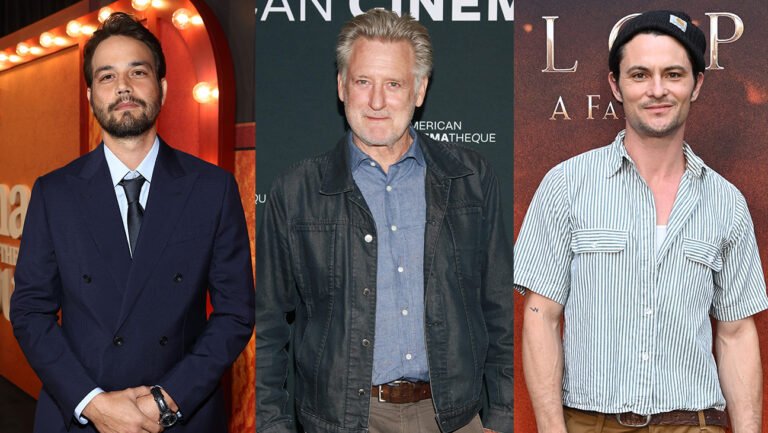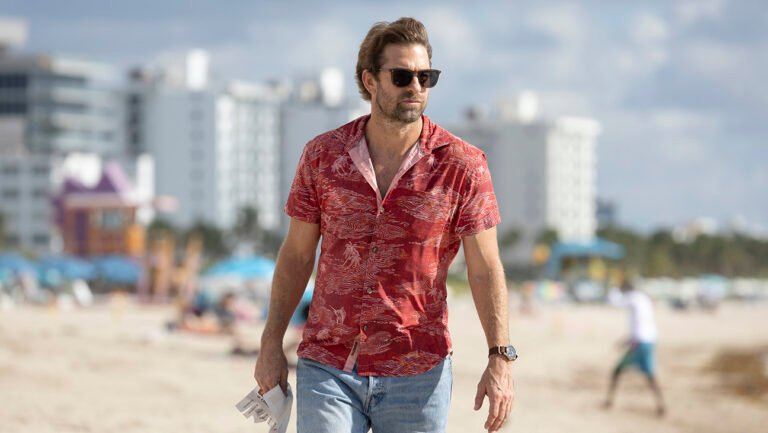Peter Biskind on Robert Redford’s Legacy
Robert Redford was not your garden-variety celebrity. Even though his name was virtually synonymous with Hollywood glamour, and despite starring in a slew of popular hits like Inside Daisy Clover (1965), This Property Is Condemned (1966), The Chase (1966) and Barefoot in the Park (1967), capped off by Butch Cassidy and the Sundance Kid (1969),…
Robert Redford was not your garden-variety celebrity. Even though his name was virtually synonymous with Hollywood glamour, and despite starring in a slew of popular hits like Inside Daisy Clover (1965), This Property Is Condemned (1966), The Chase (1966) and Barefoot in the Park (1967), capped off by Butch Cassidy and the Sundance Kid (1969), he saw himself as an outsider. It seemed like he could do no wrong, but he was uneasy with the star system, saying, “They throw that word ‘star’ at you loosely, and they take it away loosely if your pictures flop. You take responsibility for their crappy movie, that’s all it means.”
As a rising star, Redford was itching to take control of his own career. “Since you say I’m responsible if my name is above the title, then give me the responsibility,” he declared. The responsibility seized him, so to speak, in July 1972, while he was promoting The Candidate with a faux whistle-stop tour in Florida that ended in Miami, where, in the real world, George McGovern was about to secure the Democratic nomination for president. Redford was amusing himself by seeing if he could draw bigger crowds than McGovern rivals Edmund Muskie and John Lindsay, which he did. Showered with the kind of adoration only a movie star can enjoy, he’d puncture his own balloon, confessing to these crowds, “I have absolutely nothing to say.” He recalled, “It was pretty funny.”
Well, he actually did have something to say. Redford was too liberal to embrace the old Hollywood establishment, and throughout his career, he devoted himself to deploying the power that celebrity confers to effect progressive social change, showing a particular affinity for environmentalism, Native American rights and, above all, nurturing young filmmakers by imbuing them with his own independent spirit. “I knew what it was like to distribute a film that you produced,” he recalled. “In 1969, I carried Downhill Racer under my arm, fighting the battles that most people face.” He came to understand, as he puts it, the dilemma of the “filmmaker who spends two years making his film, and then another two years distributing it, only to find out he can’t make any money on it, and four years of his life are gone. I thought, that’s who needs help.” Hence, the Sundance Institute and film festival, named after the bank robber Redford played in Butch Cassidy.
The whiff of outlawry that came with that title flattered his sense of himself as a Hollywood rebel. Or better, the new enterprise suggested a movie like The Magnificent Seven, with Redford, like Steve McQueen, the golden-haired Hollywood star and his band of outlaws protecting the powerless farmers (read: indies) against the vandals and looters (read: the studios) so they could raise crops (read: films) in peace. He also believed that American film culture could contribute more than stale sequels and retreads, that historically, film had been a medium for genuine artists and could be so again if only they could be sheltered from the marketplace long enough to nurture their skills and find their voices. Hence, the Sundance Institute, with its labs that helped aspiring filmmakers find those voices, and the film festival that screened their films when they did.
The Sundance Film Festival, held in January, is the most important event on the indie calendar. Filmmakers arrange their shooting schedules so that their movies will be out of the lab in time to be seen by the festival director in the fall preceding the fest. Quentin Tarantino recalls submitting Reservoir Dogs: “I’ve never had anything in my life like that, the fever of, ‘Are we gonna get in, are we gonna get in,’ like every American independent filmmaker sweating and growing bald, thinking about it.” If you were turned down, it was back to the video store, in Tarantino’s case, or tending bar, or whatever, with little solace other than knowing that there would be a next year, and you could try again.
This story appeared in the Sept. 18 issue of The Hollywood Reporter magazine. Click here to subscribe.







